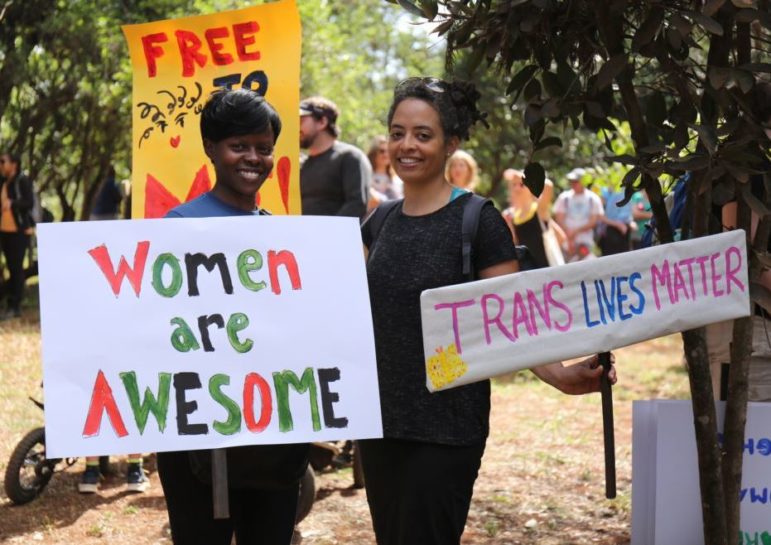Cisgender dysphoria, transgender identity, etc., were not part of my formal curriculum in theology or religious studies, which ended at 3:00 p.m. on graduation day, December 14th, 1956. The earliest known use of the term “transgender” was in 1974, and it entered dictionaries only after 1988. “Trans-” was joined by sibling “cis-” even more recently. The phenomena to which these terms point have arrived in the clinic, the court, the classroom, and the sanctuary with such force that some alert citizens, religious or not, have found themselves struggling to find a way in the wake of their arrival. In our theologically and politically polarized society, not all the related discourse or actions have been civil, or manifest “the fruit of the Spirit.”
In fact, battles in congregations, denominations, classrooms, and courts suggest that we face a crisis. So, what to do? I recently found in my files a favorite line from Pius XI—yes, Pius XI!—who called upon believers to give thanks to God for placing them in crisis. Why? “Let us thank God that He makes us live among the present problems. It is no longer permitted to anyone to be mediocre.” With these words in mind, we set out to listen, to converse, to read about and with people who are trans or cis. The latter vastly outnumber the former. For example, a cisgender worshiper participating in a 500-member parish or synagogue is likely to be sharing the pews or kneelers with only about 3 trans members, or perhaps fewer, since many cisgender-favoring faiths and folk do not welcome or want to think about the trans people out there among the larger population.
Sightings aims to reflect multi-religious concerns. So I googled and scoped the internet looking for sources on that prime suspect in the present crisis, Islam. (Along the way I learned that some dictionaries now mention transphobia.) We are often told of the Muslim horror at homosexuality, yet there are many googleable entries suggesting a breadth of approaches to transgender issues in Islam, now and historically, even from before the term was coined. The case is similar with Judaism, where many surprises are in store. Most of the (admittedly few) biblical texts that are used against gay people are not directly adduced when Jews discuss trans people.
Which brings us to Christianity. What inspired my choice of this week’s topic, in our time of many options, was the coincidence of two truly helpful articles in Catholic-and-ecumenical Commonweal (March 10) and Protestant-and-ecumenical Christian Century (January 18). The cover of the issue in which the latter appears reads “Being Trans,” and the cover story features nine trans Christian thinkers with diverse views. The Commonweal cover reads “Gender & the Body,” with a featured article by David Cloutier and Luke Timothy Johnson.
What do I take from these treatments? It is impossible in this space to go into detail, but first of all, they provide a framework for listening, conversing, and reading. These magazines provide larger contexts, with reference to more biblical texts and a wider range of theological concerns than most of us—including this one, having graduated in 1956—could adduce. Second, both the Christian Century company and the Commonweal duo urge readers not to see these issues in merely individualistic terms, but rather to recognize what our responses might do to improve the lives of individuals and the common good. Third, like Pius XI, they encourage us to embrace the problems of the present moment as an opportunity to become discontented with that mediocrity which rears its head all too readily whenever issues of “Gender & the Body” come into play, in a world where “Being Trans” is now in focus.
Sightings is a publication of the Martin Marty Center at the University of Chicago Divinity School. Subscribe to receive Sightings in your inbox twice a week. You can also follow us on Facebook and Twitter.





